Keywords: Australian Politics
There are more than 200 results, only the first 200 are displayed here.
-
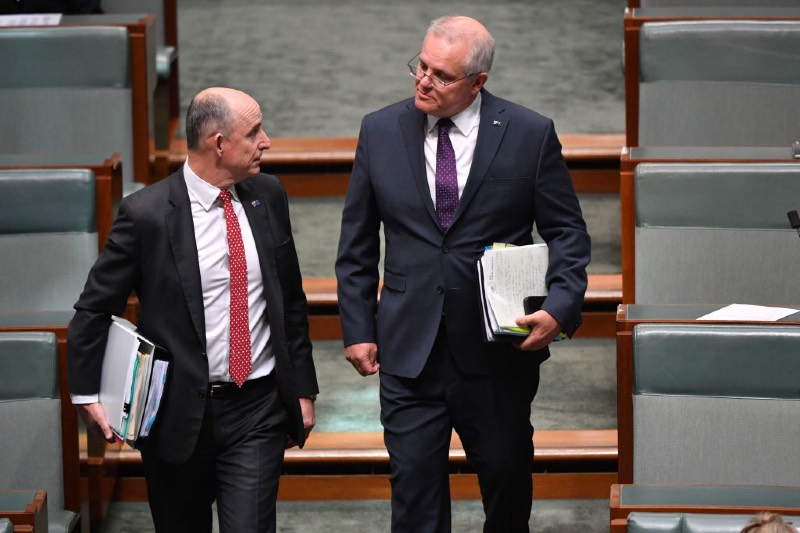
MEDIA
- Anthony N Castle
- 04 January 2022
5 Comments
At this point, the media cycle is mostly internal, and while the media is talking to itself, Scott Morrison is talking to a rapidly growing base with significant resources. The devil isn’t in the headline here, the devil is in the detail, in the appeal itself.
READ MORE
-
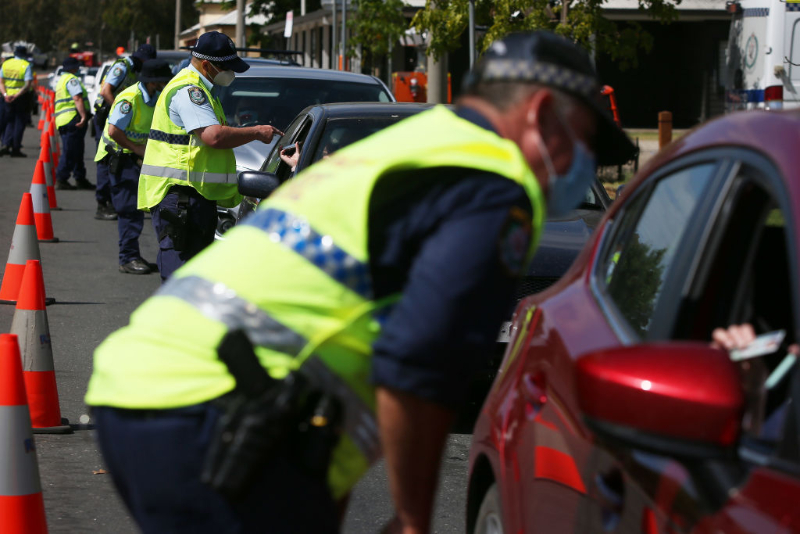
AUSTRALIA
- Cristy Clark
- 16 December 2021
3 Comments
Under Victoria’s Border Directions after 23 July, people in NSW, including Victorian residents, were effectively prevented from entering the state. Their only option was to request an exemption for a number of specified reasons including ‘attending a funeral or end of life event or returning home for health, wellbeing, care or compassionate reasons or for any other reason under a general discretion’.
READ MORE 
-

RELIGION
- Miles Pattenden
- 16 December 2021
29 Comments
Pope Francis turns eighty-five this week. His pontificate has seen him emerge from obscurity in Argentine Church politics to become, late in life, a global cultural icon and one of the most popular popes in living memory. Over the past nine years he has invigorated the Church and, according to papal biographer Austen Ivereigh, has made the papacy ‘much more human, much more accessible, much less remote’.
READ MORE 
-

RELIGION
- John Warhurst
- 02 December 2021
72 Comments
Church and state are confronting one another right now over the federal freedom of religion bill and the Victorian anti-discrimination bill. Whenever such confrontation occurs it reveals our priorities. We define our identity by what we choose to fight for hardest.
READ MORE 
-

ARTS AND CULTURE
- Gillian Bouras
- 25 November 2021
32 Comments
Attitudes towards truth have changed. Now we accept the idea that there are different sorts of truth: the phrases historical truth, narrative truth and emotional truth come trippingly off the lips of vast numbers of people. Then there are the complex notions of fantasy and fiction: we have long subscribed to the notion of novelists making up various ‘lies’ or fantasies in order to tell underlying truths about human nature. But we also have to accept, I think, that a gentleman’s word is no longer his bond.
READ MORE 
-
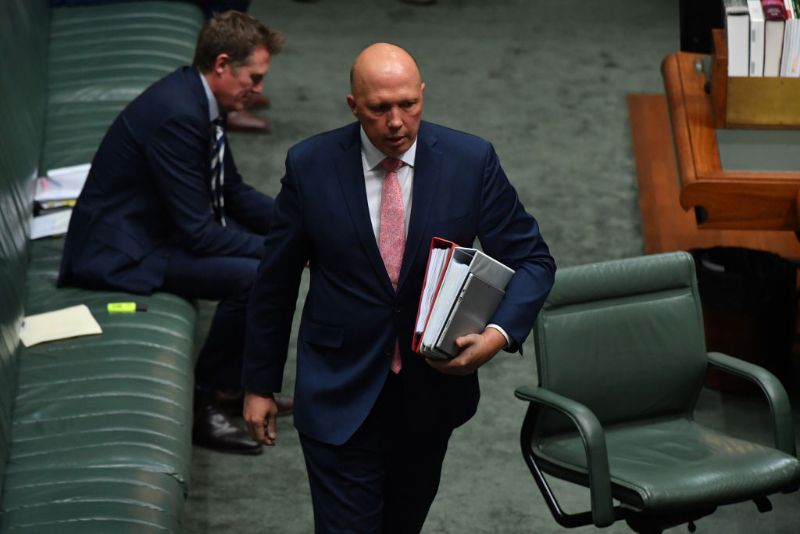
AUSTRALIA
- Cristy Clark
- 10 November 2021
9 Comments
Peter Dutton has recently argued that funds for defamation actions should be a ‘workplace entitlement’ for Members of Parliament (MPs). I’d like to repeat that another way: the Honorable Peter Dutton, Commonwealth Minister for Defence, would like the taxpayer to fund MPs to sue members of the Australian public for defamation.
READ MORE 
-
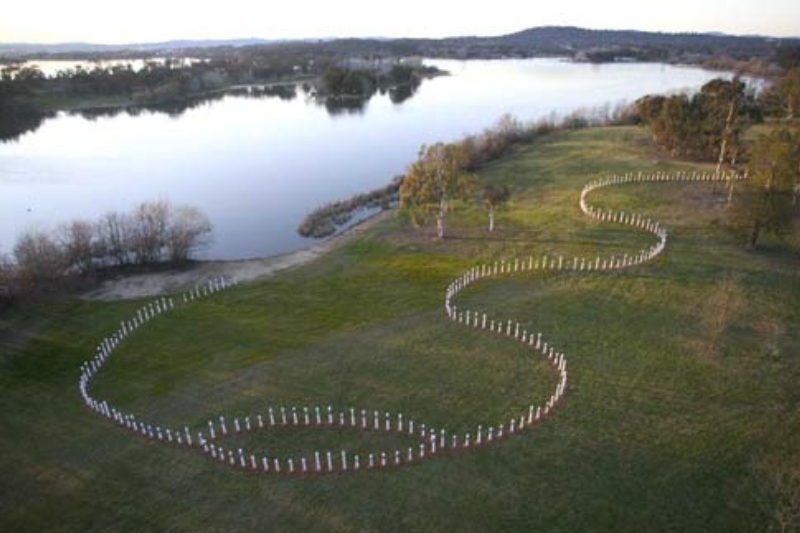
INTERNATIONAL
- Binoy Kampmark
- 01 November 2021
38 Comments
Two decades ago, an Indonesian vessel given the name SIEV X sank with loss of life that should have caused a flood of tears and a surge of compassion. Instead of being seen in humanitarian terms, the deaths of 353 people became a form of rich political capital, placed in the bank of opportunism to be amortised at a federal election.
READ MORE 
-
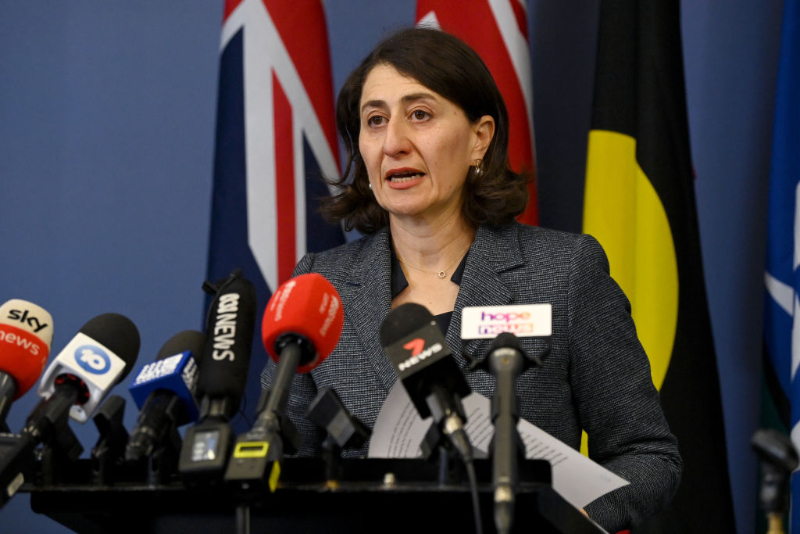
AUSTRALIA
- Andrew Hamilton
- 14 October 2021
16 Comments
During her last year in office Gladys Berejiklian divided people over her response to the Coronavirus. Even her critics, however, praised her decision to resign from office after the Independent Commission Against Corruption (ICAC) announced that it was investigating her conduct.
READ MORE 
-

RELIGION
- Tracy McEwan, Patricia Gemmell
- 06 October 2021
15 Comments
Annabel Crabb’s ABC TV documentary series Ms Represented had us gasping, laughing and raging all at once. The series struck an achingly familiar chord as women from different political parties and generations voiced their common experience of sexism and misogyny in Australia’s parliament, elucidating just how hard it is for women to have a voice at the table in Australian institutions of power.
READ MORE 
-
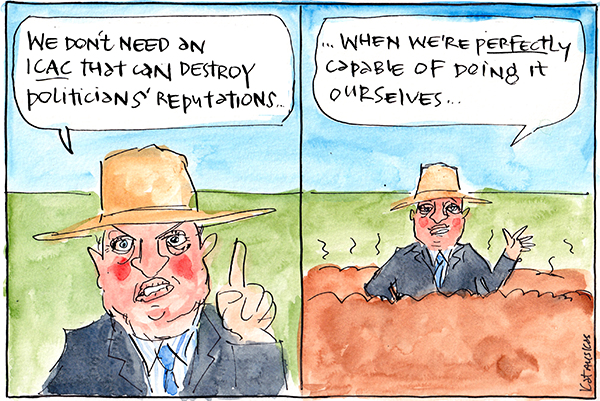
CARTOON
- Fiona Katauskas
- 05 October 2021
1 Comment
READ MORE 
-
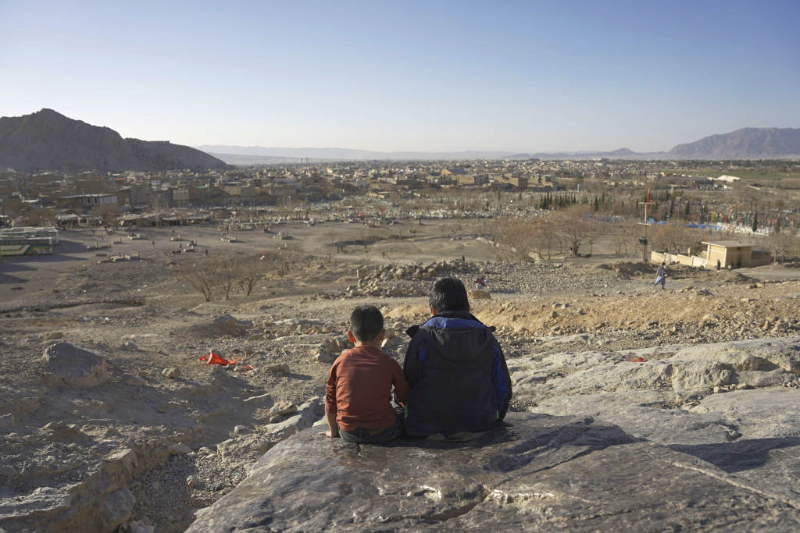
INTERNATIONAL
- Hava Rezaie, Hayat Akbari, Zaki Haidari
- 28 September 2021
6 Comments
It has now been over a month since the Taliban seized Kabul. As attention inevitably shifts elsewhere, the painful question arises: What's next? Is this another 'back to the future' moment? The signs are grim. Over the last two weeks, the Taliban have issued a number of edicts which demonstrate that their attitudes to women have not changed.
READ MORE 
-
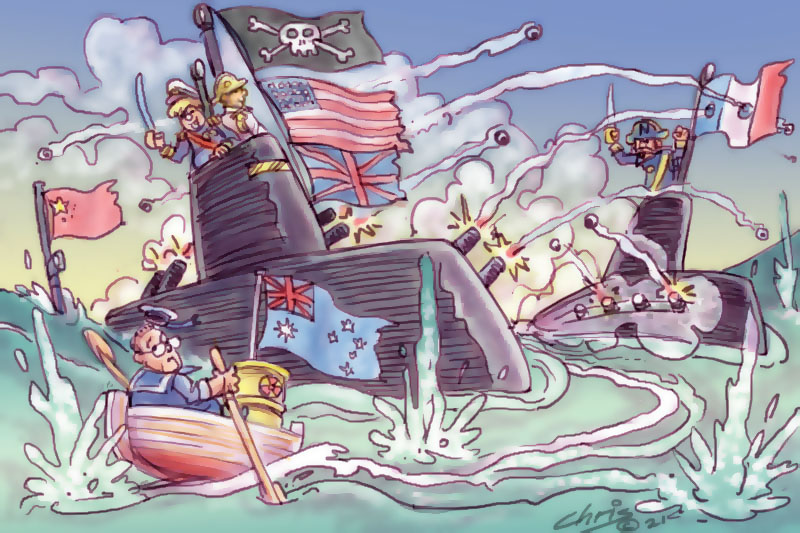
INTERNATIONAL
- Binoy Kampmark
- 20 September 2021
31 Comments
Defence is a costly business, and few branches of defence are more costly, and questionable, than a country’s submarine capability. Since 2009, Project SEA 1000, the name for Australia’s Future Submarine program, has fascinated strategists and defence planners. In 2016, this resulted in an agreement with the French submarine company DCNS (now called Naval Group) to build an un-designed attack class vessel. Other contenders in the competitive tender — Germany and Japan, for instance — had existing models.
READ MORE 